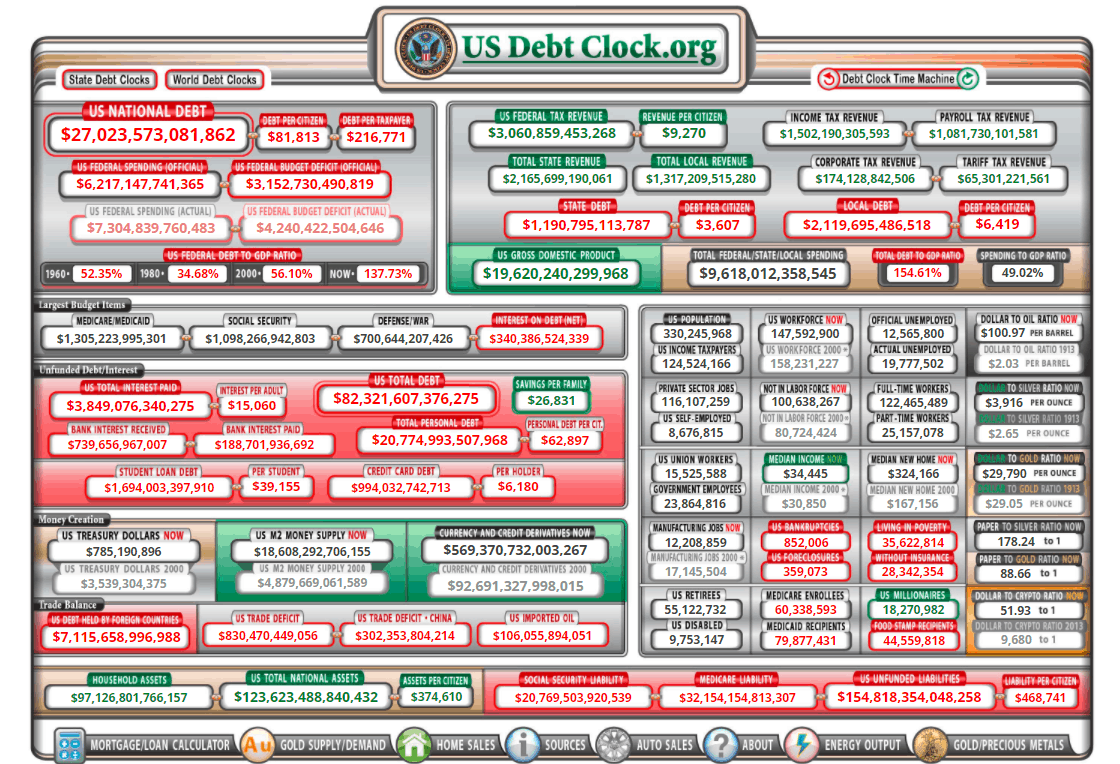The government of Venezuela does not know what else to do to control its economy and is trying to save its financial life by doing what all the world governments are doing: printing more money… A lot of money.
Sources close to the Venezuelan government revealed that the country’s Central Bank has just bought 71 tons of paper to print money. Experts believe this new batch of paper will supply the country’s demand for bills of the highest possible denomination: 100,000 sovereign Bolivars —or the equivalent to $0.22, according to official data.
Atención🔵|| El tipo de cambio publicado por el BCV es el promedio ponderado de las operaciones de las mesas de cambio de las instituciones bancarias. Al cierre de la jornada del lunes 05-10-2020, los resultados son:#MercadoCambiario #BCV🇻🇪 pic.twitter.com/OxniHa6rBa
— Banco Central de Venezuela (@BCV_ORG_VE) October 5, 2020
Money That Falls From the Sky
The decision is not surprising. The government has not been able to recover from an economic crisis caused by an almost exclusive dependence on oil, one of the most corrupt administrations on the planet, and a dozen unilateral sanctions imposed by the United States to “accelerate the collapse and cause a period of suffering of months or years” on the Venezuelan people.
Despite the sanctions, Venezuela is virtually dollarized. Banks have no cash to give, and bills are smuggled in many areas of the country. People actually resorted to selling cash in some places: One person transfered 10 million to a bank account and received 7 million in cash. However, this practice is not as common now as it was before.
It seems that Venezuelans are used to live in a cashless society. One with a bad internet connection that often makes bank transfers so difficult that several border cities accept payments in foreign currency or even gold and the dollar is almost the most widely circulating currency in the country.
People often use the bills to play games and make handcraft products like bags, hats and carpets. The use of cash as real money is making less sense every day in the country.
Qué tal? pic.twitter.com/qgnx6B0dyB
— Miguel H Otero (@miguelhotero) April 14, 2019
Venezuela and United States are printing more money than ever
But the rest of the world should wait a minute before lamenting the situation in Venezuela. The U.S. is doing much better than the South American country; and still, the Trump administration implements virtually the same strategy as the regime it so strongly criticizes.
During the coronavirus pandemic, the Federal Reserve printed close to a million dollars per second, and the debt is currently at historic highs that are impossible to pay off in the short term.
If anyone wants to track U.S. debt evolution in real-time, the U.S. Debt Clock metrics site serves as a good eye-opener.

Cryptocurrencies Can Help Reset The World’s Financial System.
The policies of quantitative easing and other forms of “giving money away” have continuously been criticized by the crypto community. Satoshi invented Bitcoin during a crisis similar to the current one we live in and never dreamed of exchanges, pompous ETFs, or institutional BTC custodians. He created Bitcoin so people could control their money and be confident that nobody could manipulate their belongings.
There will never be more than 21 million Bitcoins, and no one can issue more tokens. The currency is decentralized, and there is no bank or government to back it up. It depends on people’s trust… just as people trust a dollar, a euro or a bolivar can buy what they can buy.
In a scene of sanctions and corruption, Venezuela is trying —in its own way— to take advantage of blockchain technologies: The Petro was born as an attempt to have money that was not sanctioned by external governments, and although it has not worked, it has also served to identify some mistakes.
As a result, decentralization is now more appealing to the country. Recently Venezuela approved its first “official DeFi,” a completely Decentralized Stock Exchange, running in the Ethereum blockchain.
This platform allows traders to legally exchange traditional tokenized instruments like commodities, bonds, stocks, and currencies in a blockchain, opening a new world of possibilities to stimulate the economy.
It isn’t easy to know if it will work, but perhaps in the future, there would be a digital Bolivar running on a decentralized blockchain… That would sure save a lot of trees.
The post appeared first on CryptoPotato






